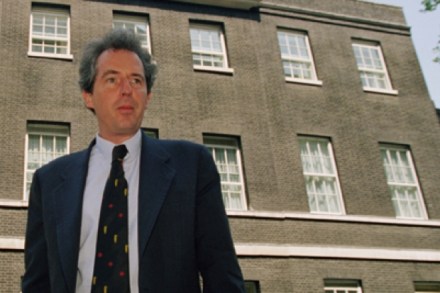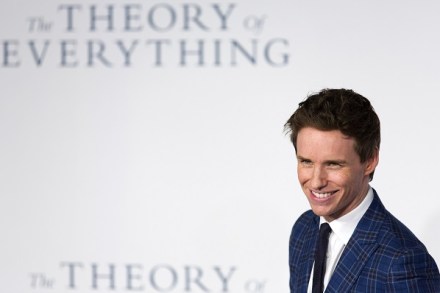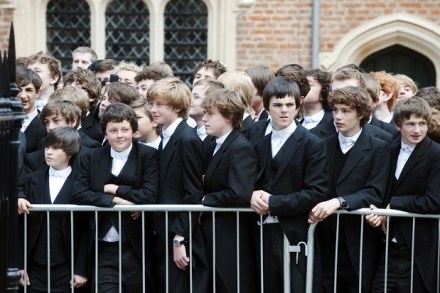Charles Moore’s Notes: If we want to save the elephant, we must legalise the ivory trade
How good a deal for Britain is it that the president of China got a state visit and a nuclear power station and Prince William got the chance to go on Chinese television and complain about the ivory trade? The Prince was listened to politely, of course, but the Chinese will not give up their enthusiasm for the stuff. The elephant in the room, to misapply that expression, is that only a legal trade in ivory will save the species. Just as cows exist in any numbers only because we eat their flesh and drink their milk, so elephants have a future only if it is profitable to breed them.



















